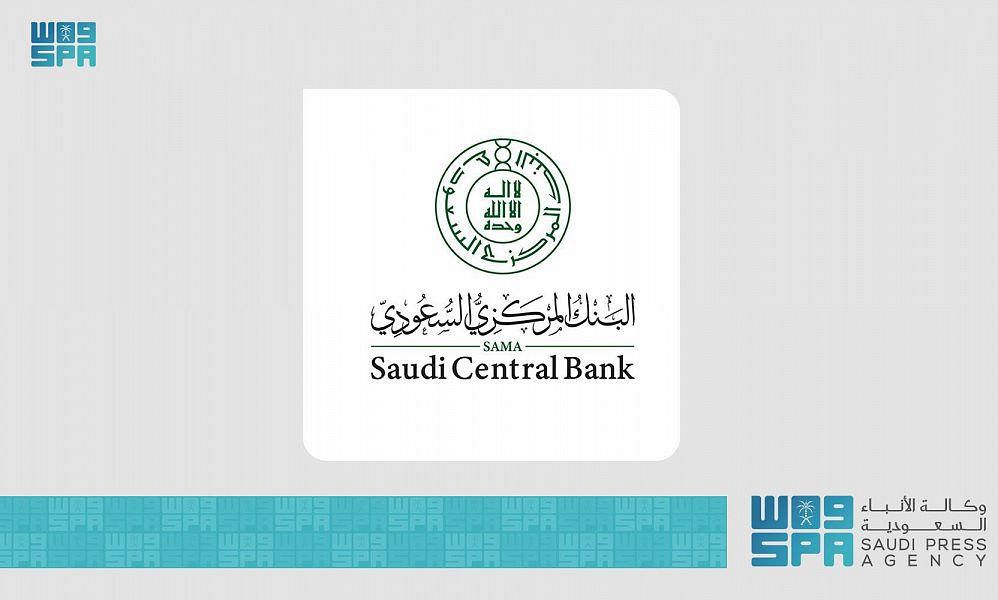
The Central Bank of Tunisia (BCT) on Wednesday raised its key interest rate by 100 basis points to 6.75 percent – according to a number of financial experts, this government decision aims to resist the huge rise in inflation, which reached 7.7 percent in April.
BCT warned against the rise of oil prices in the international market as well as the increased inflation of key economic partners of Tunisia in addition to the rise of salaries in Tunisia without any progress in productivity.
Further, the commercial deficit reached an unacceptable level not to mention that domestic consumption accelerated.
In addition to raising the interest, the central bank decided to open a new opportunity to refund bank interests through granting six-month facilitation allocated for refunding investment loans in new projects. This would permit providing financial liquidity in a structural manner.
Most reactions focused on negative repercussions of this decision on the level of competition in which it will contribute to the increase in the cost of funding economic institutions – this would lead to the rise of inflation again and the increase of borrowing cost from banks, especially amid the deterioration of purchasing capability.
In this regard, the Tunisian Professional Association of Banks and Financial Institutions decided to suspend the rise in interest rate endorsed by the central bank. BCT defended its options through confirming the quest to create a new movement in the refunding policy on the level of the central bank and to provide more stable liquidity for the banking interest as well as to incite the banking system to fund SMEs. The association noted that the decision to raise the interest came in light of the latest indicators of the international and local economic condition.
However, it expressed discontent from BCT decision since this would be the second raise since the beginning of the year, warning of negative repercussions on the competitiveness of Tunisian economic institutions and on investment funding.











